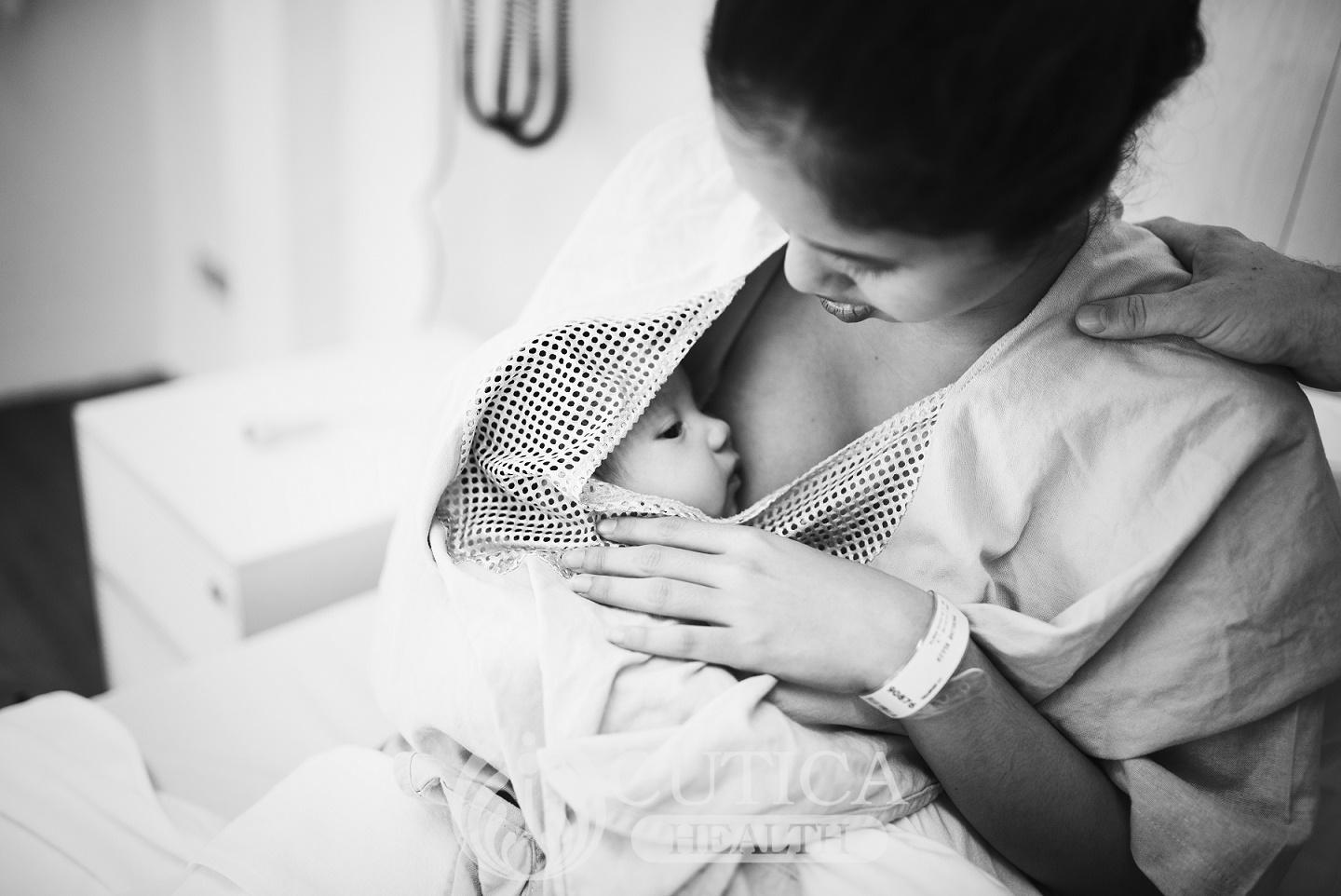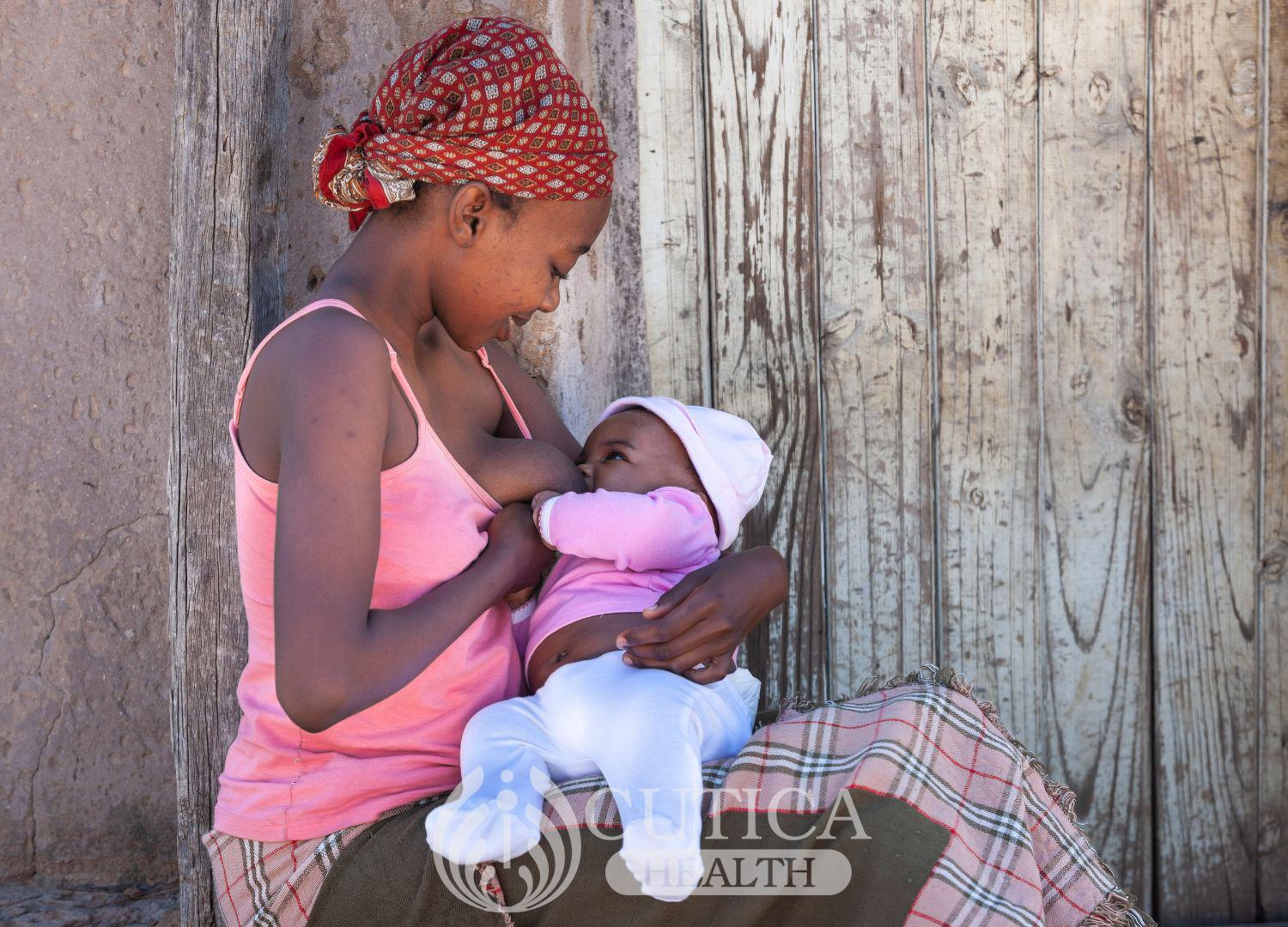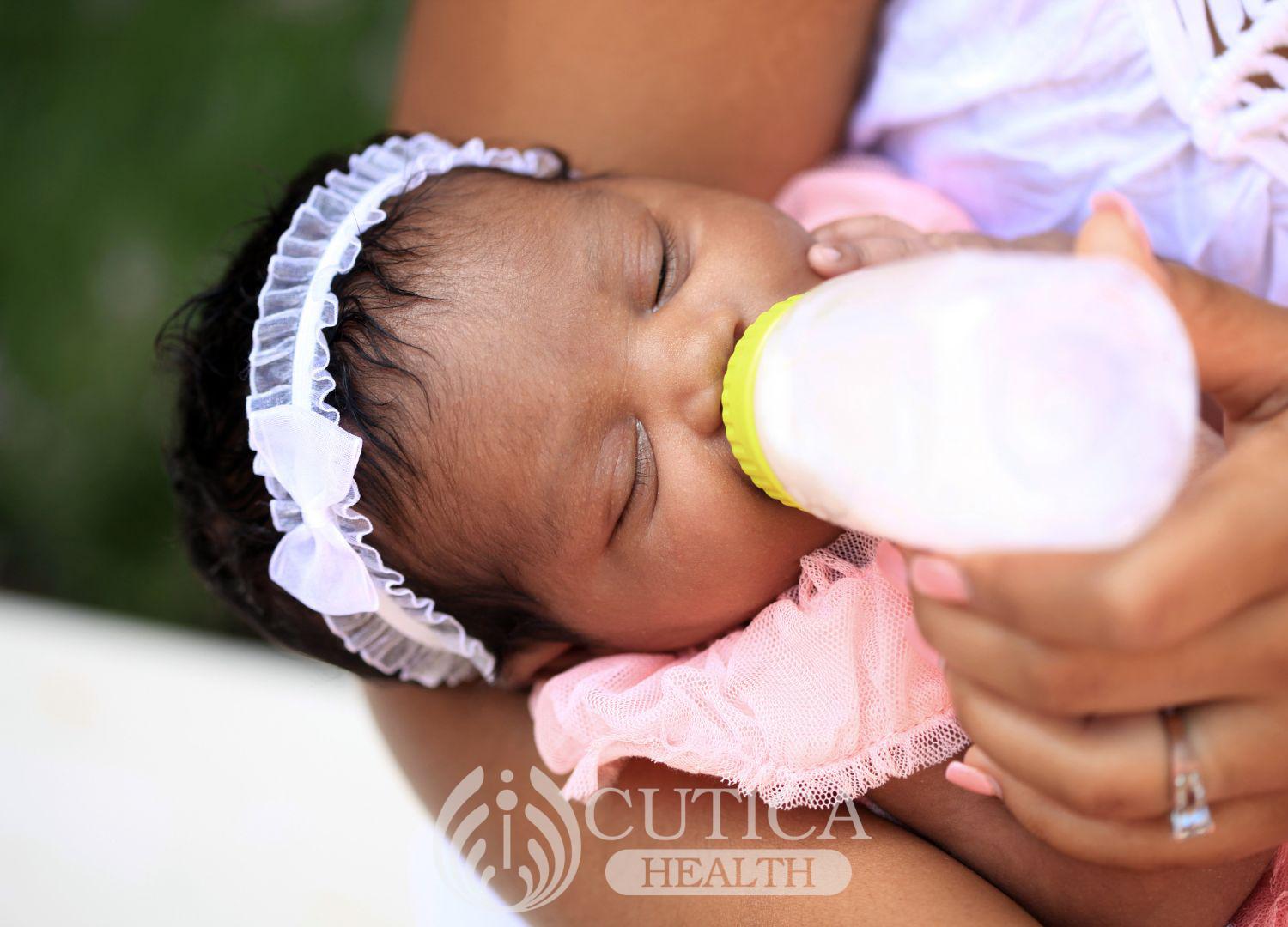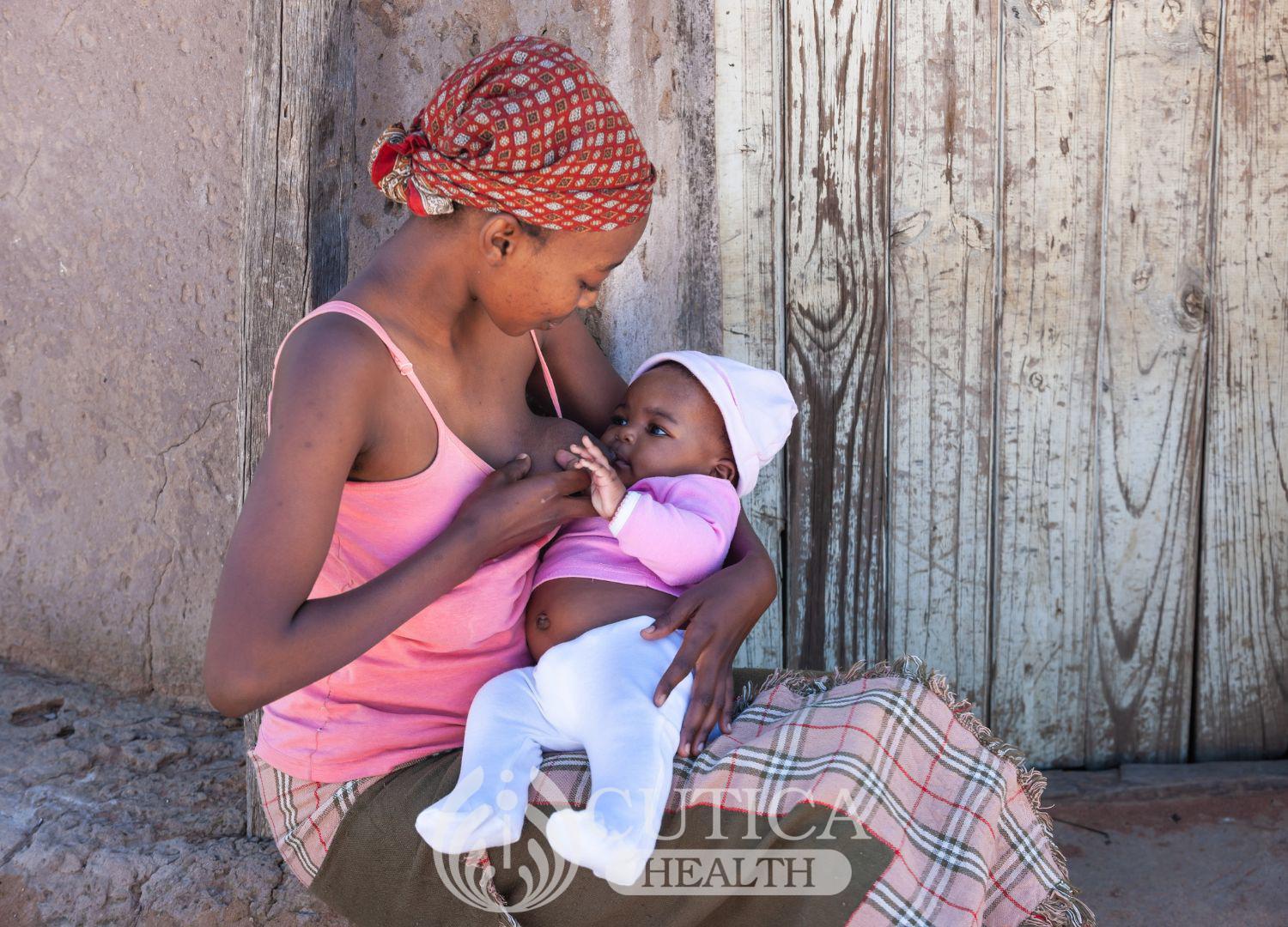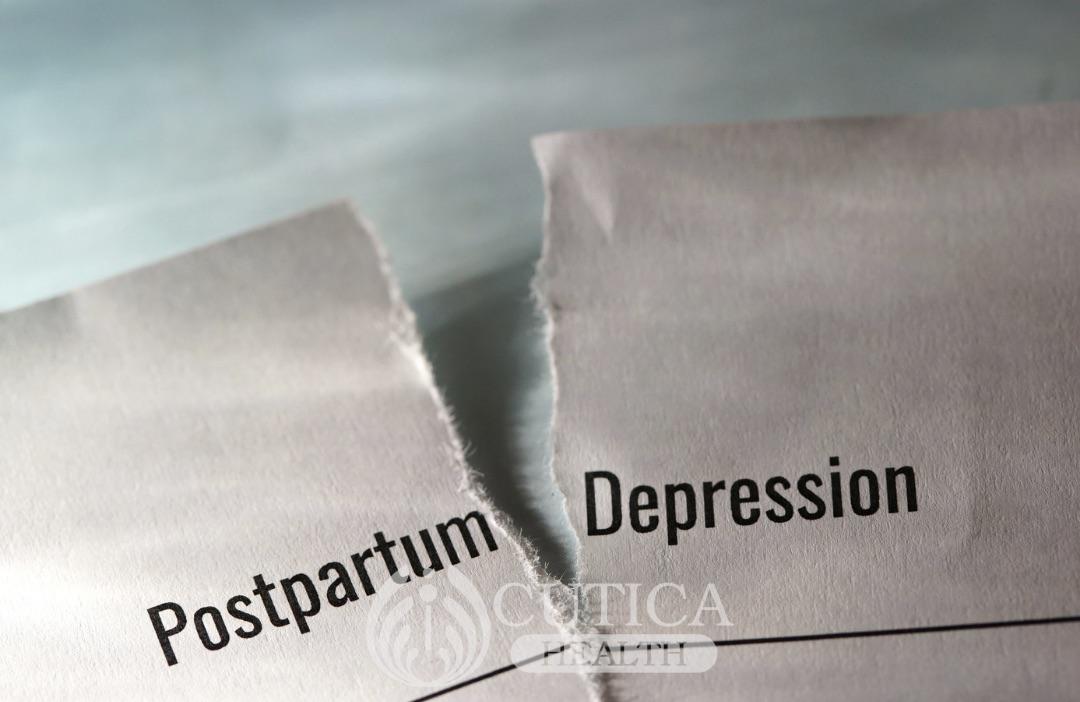
"Zahra gave birth 3weeks ago to a beautiful baby girl, but she is struggling to be happy. She has lost her appetite, finds herself withdrawing from family and friends, and is finding it hard to bond with her baby".
It can be hard to imagine but not every mother is overjoyed after the birth of her child. Postpartum depression (PPD) is a subcategory of major depressive disorder that occurs after childbirth, usually within 4 weeks.

Postpartum depression brings about behavioral, emotional, and physical changes.
PPD has been associated with numerous changes that take place during childbirth which can be overwhelming for some mothers.
If you find yourself dealing with negative emotions after childbirth, here are some tips to help:
Adjust your diet
Dietary changes such as adding more omega-3 fatty acids to your meals can make a difference. Research has correlated low levels of DHA (Docosahexaenoic acid), a type of Omega-3 fatty acid, with higher rates of PPD.
Omega-3 is readily available to add to your diet through fish oil supplements, seafood such as salmon and catfish, olive oil, and flaxseed oil.
Don't isolate yourself
You might be tempted to hide the fact that giving birth has made you depressed for various reasons. It is understandable, but fight against this urge. Talking to others about how you feel has been shown to help. Additionally, ask for help from other mothers around you, your family, and your friends; take advantage of their support and knowledge. By interacting with others, you learn that you are not unique in the way you feel and you get essential coping strategies.
Go for professional help
Postpartum depression can be managed through medication or/and psychotherapy. Psychotherapy is also known as talk therapy and it's a form of therapy rendered by mental health professionals such as psychologist. Psychotherapy will help you understand and cope with your feelings, and give you positive strategies to help in dealing with troubling situations. You may also try family or couples therapy.
Your doctor may administer antidepressant medication to help with the postpartum depression. This may be used alone or together with therapy. Discuss with your doctor to pick the best option for you.
Take self-care seriously
Seriously, you need all the love and care you can get. Try to spend a few minutes every day with yourself. Let your spouse or a trusted adult like your mother take care of the baby for a bit. Watch your favorite TV show, listen to music in a quiet room, take a nap alone, go for a walk, have a relaxing bath. Whatever you do, make sure to take some time for yourself.

Get out in the sun
Don't underestimate nature's healing power, 10-15 minutes of sunlight will do wonders for you and improve your mood. Spend this time alone or bond with your baby but taking them along in a stroller.
Avoid major life changes
Childbirth is already a major life change. When dealing with PPD, avoid adding more changes such as moving or job changes on top of this. Major life changes plus a newborn will cause stress and worsen postpartum depression. If you have to go through a compulsory change in your daily life, ask for help and support from your loved ones or relevant service providers.
Conclusion
Postpartum depression (PPD) is a mental health disorder that can affect a mother's quality of life as well as her ability to bond with her baby fully. It can happen after the birth of any child, not just the first.

PPD is not a thing to be ashamed of and if you find yourself struggling after childbirth, please ask for help. Untreated PPD can become severe with time.








